As renewable energy expands, be that through mining for materials needed for technology or using land or open space for energy generation, the industries connected to renewables must act in ways that answer to social as well as environmental considerations.
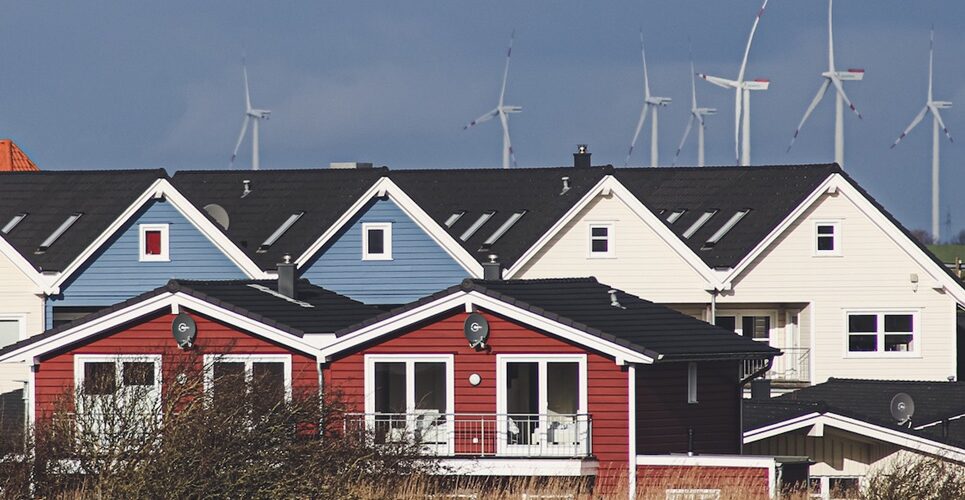
While the costs of renewable energy has fallen dramatically over the last decade, this is particularly true for solar energy, with further reductions in solar energy pricing predicted.
Expansion of clean electricity also necessitates the transition of high-emission industries that rely on fossil fuels to electrified technology, requiring the mining of more raw materials needed for this ‘clean’ tech.
However, to date, this mining has often included practices that exclude or abuse human rights and the needs of affected communities. This is also true, in different ways, for wind and solar farms.
So what?
Without an inclusive and socially-just transition to renewable energy that includes stakeholder engagement and a transparent and equitable value chain, it can lead to industries that perpetuate human-rights abuses, destruction of traditional living practices, or instigation of “NIMBY”-like backlash.
Additionally, these eventualities could undermine or slow the essential transition needed to renewable energy, essential to avert the worst of catastrophic climate collapse.
Conversely, a transition to renewables that takes into account socially-just practices could accelerate us further towards a future with greater human and planetary health.
Signal spotted by: Jordan McKay
Photo by Matthis Volquardsen from Pexels



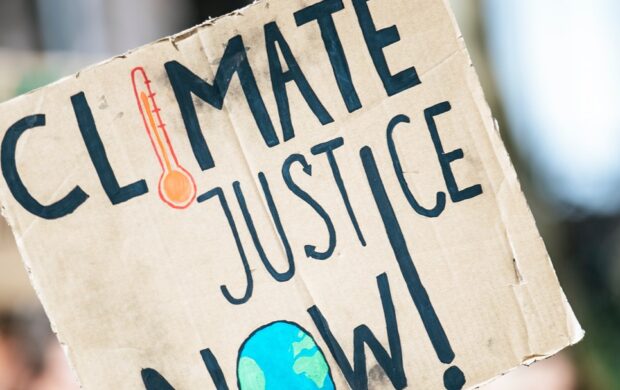
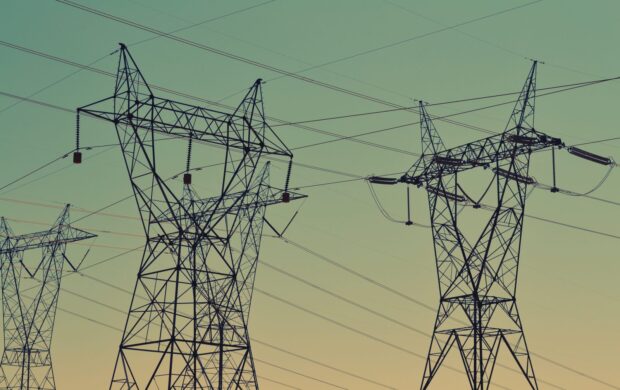


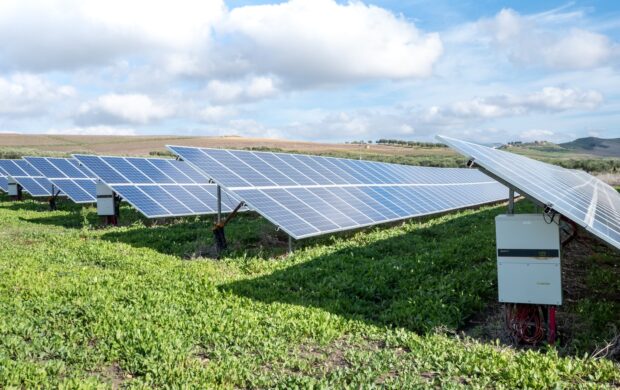
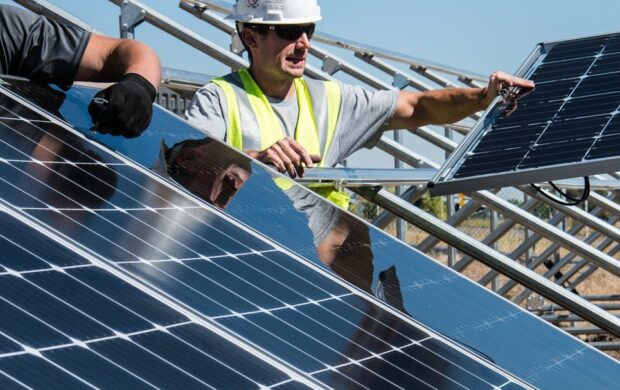






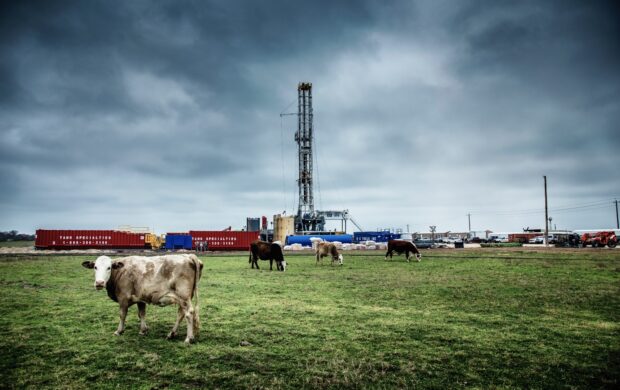
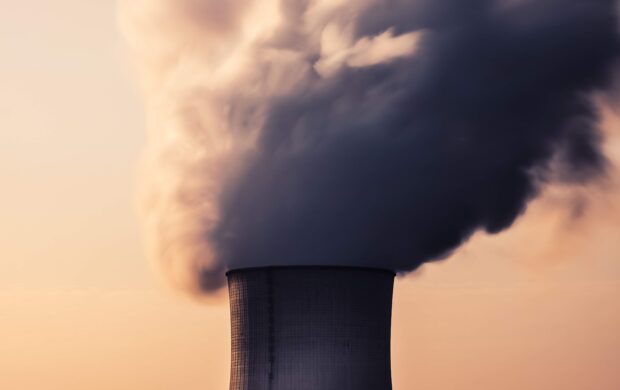

Join discussion